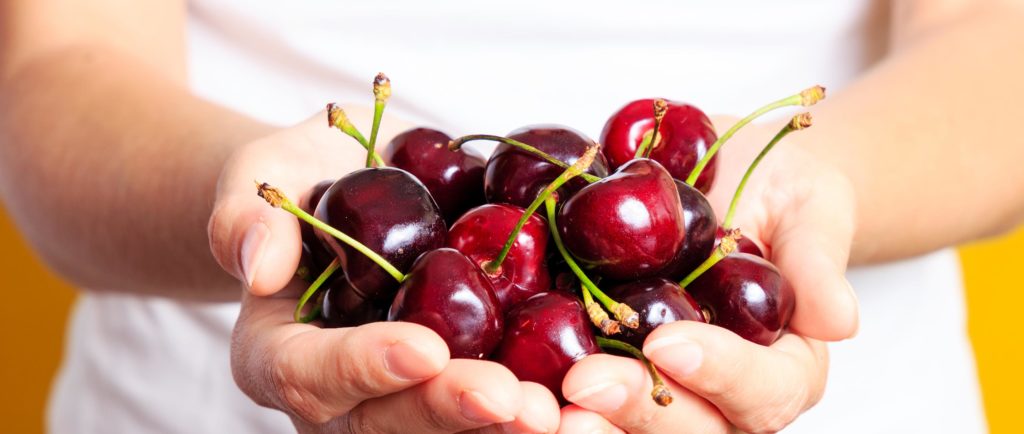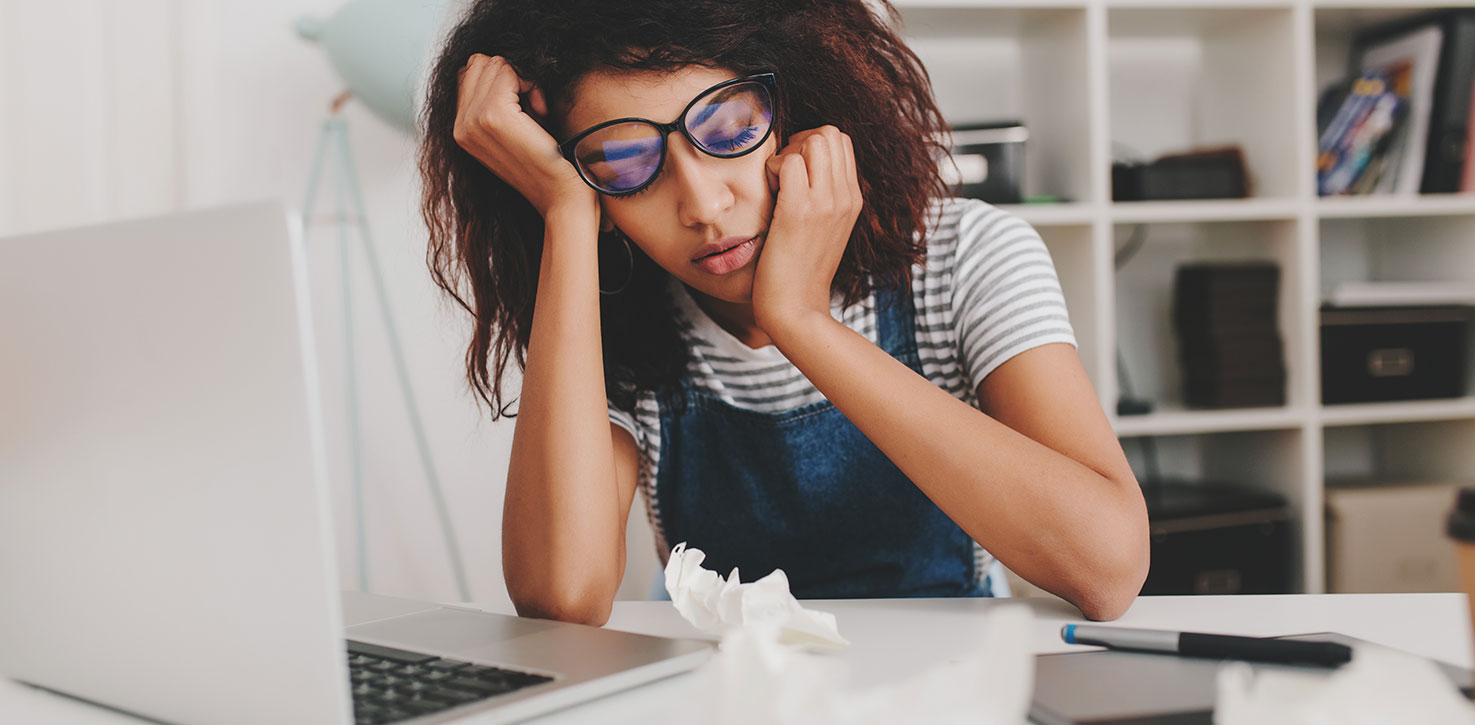
Eat Your Way to Healthy Sleep
Sweet Dreams Are Made of This
How have you been sleeping lately? Ask that question of a growing number of sleep-deprived Americans, and you’re sure to receive some complicated or distressing answers. Research from the National Sleep Foundation shows that about 20 percent of us get less than six hours of sleep each night. For a small number of individuals, this amount of sleep is optimal. For the rest of us, going too far below the traditional eight hours per night can be anything from problematic to catastrophic.
Why aren’t people sleeping enough? Certain medical conditions, particularly those where pain is a predominant feature, can hamper sleep. So can sleep apnea, an illness thought to affect between 10 million and 18 million Americans, which is characterized by stoppages of breathing during sleep that can lead to repetitive sleep-wake cycles. People who work graveyard or rotating shifts, common in 24-hour cities like Las Vegas and Reno, often report that they get less sleep than they feel they need. And, of course, there’s stress, which can keep us from falling asleep and sleeping well once we do.

In the ideal-case scenario, fixing a sleep issue involves determining the exact cause of the problem and then removing it. Unfortunately, this is often easier said than done. So while we work on root causes, we might find it helpful to turn to nature and use one of its most therapeutic tools as an aid in increasing the quality and quantity of our sleep.
Food.
Can Food Affect Our Sleep?
Many experts — including laboratory scientists, nutritionists, medical doctors and exercise physiologists — believe that what we eat and when we eat it can have a major effect on how we sleep. If this is true, making a few dietary alterations may improve our sleep life in terms of how long we sleep and how restful and restorative our sleep is.
The bulk of research on how diet affects sleep focuses on the critical three to four hours before bedtime. Food and drink consumed inside this window will impact sleep far more than what you consume at dinner or earlier in the day.
Making a few dietary alterations may improve our sleep life.
What to Avoid
Let’s start with the things you don’t want to consume in the hours leading up to bedtime.
What to Eat
Many sleep experts say that being just a little bit hungry is an ideal state in which to fall asleep. The hunger means digestion is basically complete and the body is finished processing the nutrients and non-nutrients it has been fed in hours past.
Some foods and drinks, however, can actually propel you toward sleep when eaten shortly before bedtime and in small quantities. For example:
Each of us is unique in how we process and use nutrients, so do a little experimenting with these bedtime snack ideas to find the one or ones that produce the best results for you. And remember to follow the wise rule of thumb where late-night eating is concerned: Less is definitely more.

































